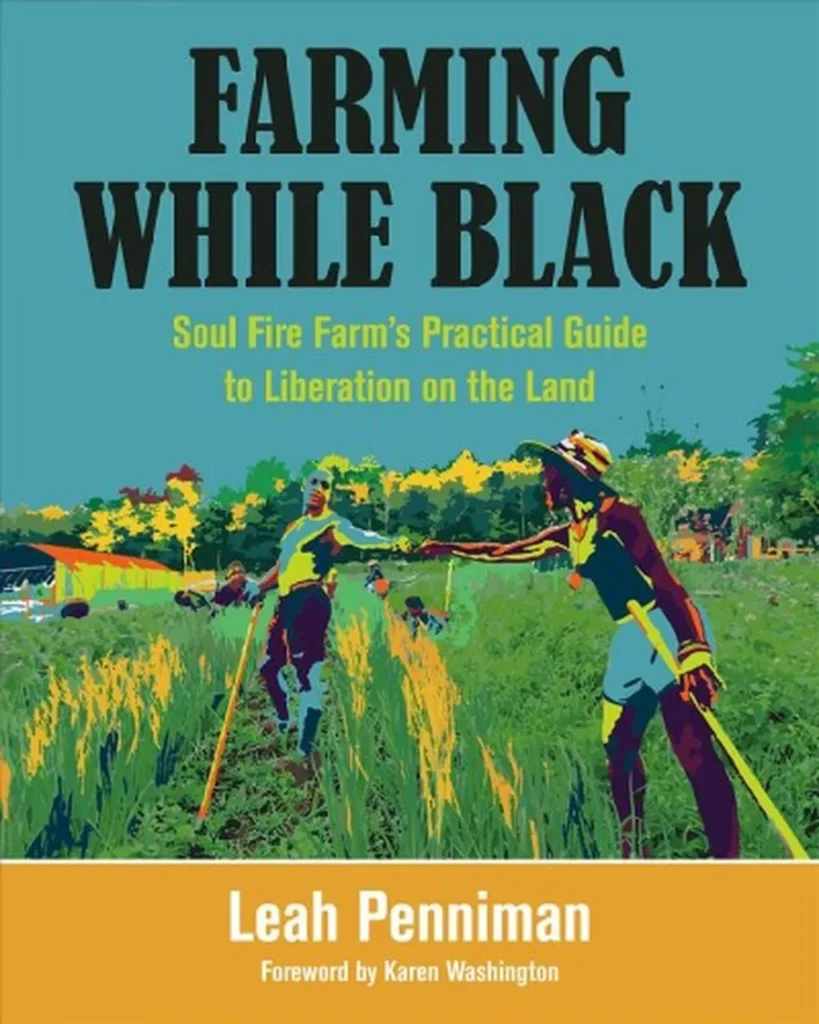In the heart of Ghana, a quiet revolution is unfolding in the fields where farmers have long relied on a blend of traditional wisdom and modern techniques to cultivate their crops. A recent study published in the journal Discover Agriculture, which translates to “Exploring Agriculture,” sheds light on the delicate balance between farmers’ ecological knowledge and the growing use of agro-chemicals, offering insights that could reshape the future of sustainable agriculture.
John Bosco Baguri Sumani, a researcher from the Department of Environment and Resource Studies at Simon Diedong Dombo University of Business and Integrated Development Studies (SDD-UBIDS), has delved into the intricate relationship between these two approaches. His narrative review highlights the dual-edged sword of agro-chemicals, which have significantly boosted agricultural productivity but also pose long-term risks to the environment and human health.
“Agro-chemicals have become a cornerstone of modern agriculture, but their indiscriminate use is a ticking time bomb,” Sumani explains. “Farmers’ ecological knowledge, on the other hand, offers a sustainable alternative that has been honed over generations. The challenge lies in integrating these two worlds to create a resilient and sustainable farming system.”
The study underscores critical gaps in farmer education and regulatory enforcement, advocating for a holistic approach that bridges traditional ecological knowledge with modern agricultural technologies. This integrated perspective is crucial for achieving food security and environmental sustainability, particularly in the context of Ghana’s rapidly evolving agricultural landscape.
For the energy sector, the implications are profound. As the world shifts towards renewable energy sources, the demand for sustainable agricultural practices becomes even more critical. Agro-chemicals, while effective in the short term, can degrade soil quality and reduce biodiversity, ultimately impacting the long-term viability of bioenergy crops. By contrast, farmers’ ecological knowledge can enhance soil health and biodiversity, creating a more sustainable foundation for bioenergy production.
Sumani’s research also points to the need for policy interventions that promote the integration of traditional knowledge with modern scientific advancements. “We need to create policies that support farmers in adopting sustainable practices while also providing them with the necessary resources and education,” he notes. “This will not only improve food security but also contribute to the broader goals of environmental sustainability and climate action.”
The study’s findings are particularly relevant in the context of the United Nations Sustainable Development Goals, particularly SDG 2 (Zero Hunger), SDG 3 (Good Health and Well-being), and SDGs 13 and 15 (Climate Action and Life on Land). By advocating for a paradigm shift towards sustainable agriculture, Sumani’s research offers actionable insights for policymakers, researchers, and stakeholders alike.
As the world grapples with the challenges of climate change and food security, the insights from this study could not be more timely. By embracing the wisdom of the past and the innovations of the present, Ghana and other nations can pave the way for a more sustainable and resilient future. The journey towards this future begins with understanding and integrating the rich tapestry of farmers’ ecological knowledge into modern agricultural practices, a vision that Sumani’s research brings into sharp focus.

